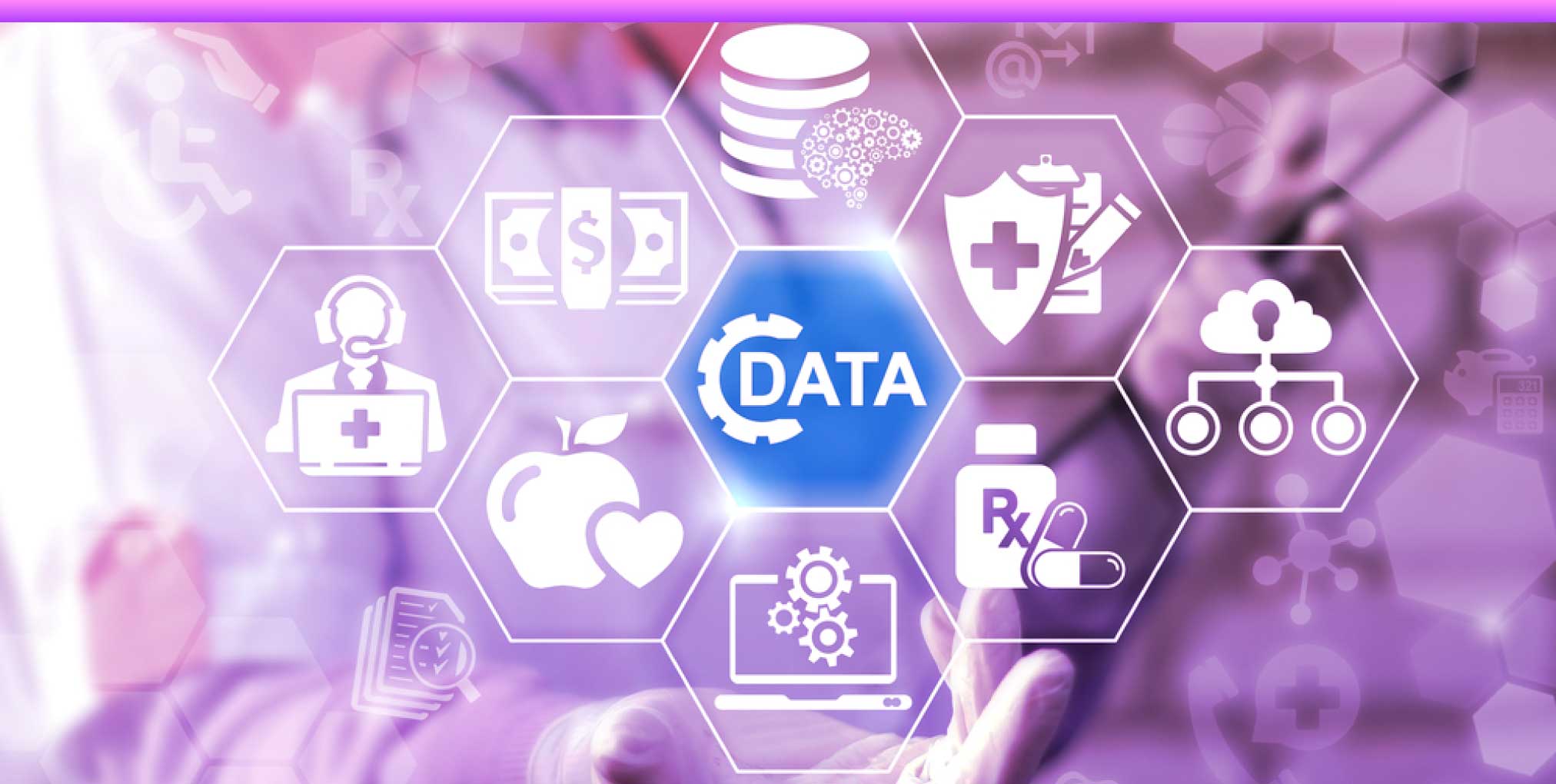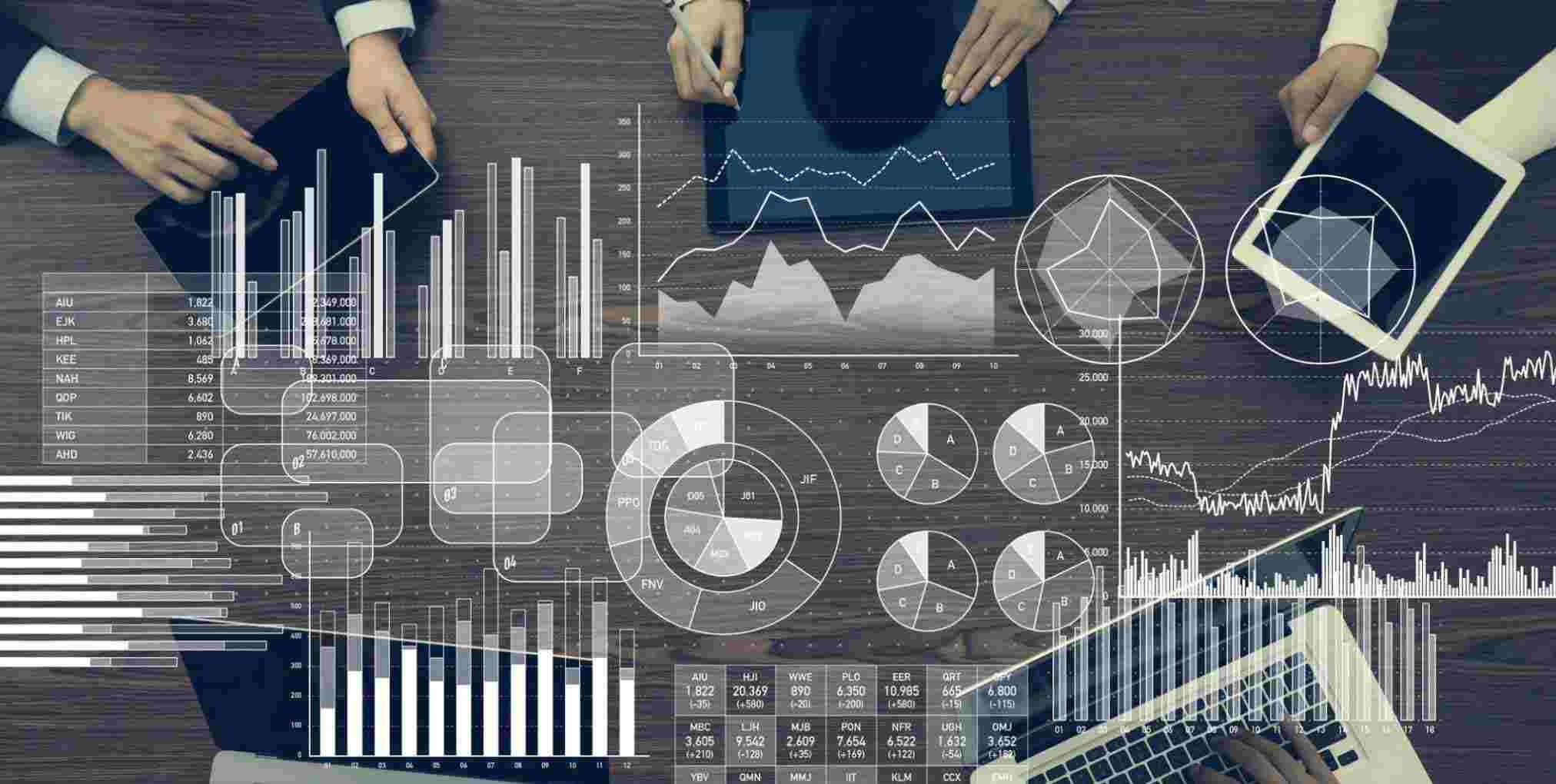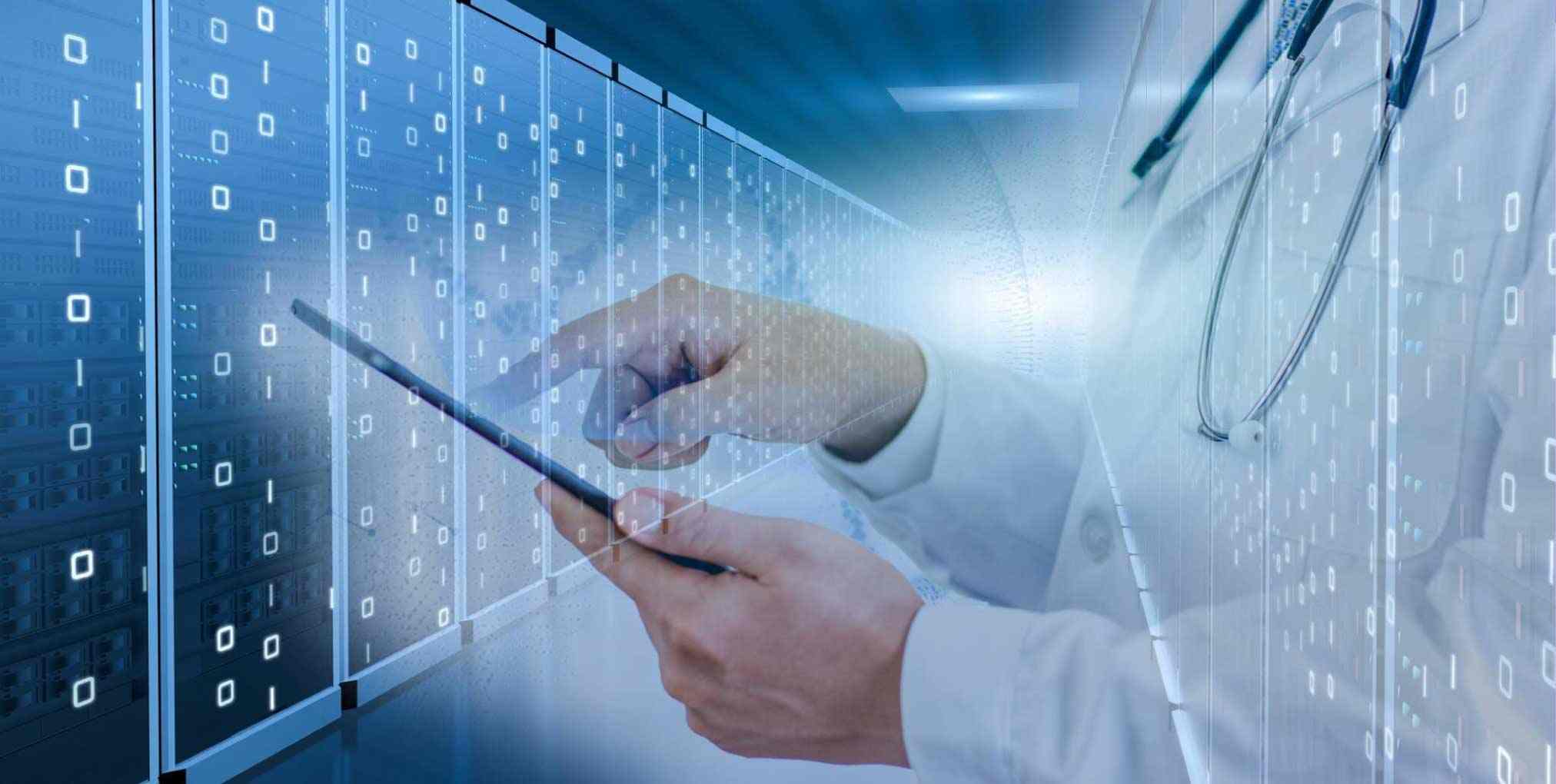

February 2, 2024
One of the fastest-growing parts of the economy in the decade has been healthcare, and in light of the growing threats of pandemics, the industry is on the rise. Organizations worldwide are turning to emerging technology like AI in healthcare services, Big Data, and machine learning to stay ahead of the curve in the demand for healthcare.
AI is going to be huge in healthcare. According to Acumen Research and Consulting, the global market will hit $8 billion by 2026. There is a huge overlap of skills in AI and big data—where information processing is optimized to help solve business and real-world problems. ML and big data provide numerous benefits for individuals and companies alike, but the real question is, what is big data and machine learning?
In this blog, we will answer this question and understand the growing role of Big Data and Machine Learning in Healthcare.

Big Data refers to huge and complex datasets that cannot be easily managed or processed using traditional data processing tools. It involves collecting, storing, and analyzing vast amounts of information from various sources. The three Vs characterize Big Data:
In the context of healthcare, Big Data includes patient records, medical images, genomic data, and more. Analyzing this broad information gives patterns, trends, and insights that contribute to improved decision-making and outcomes in healthcare management, research, and treatment.
Machine Learning is a subset of artificial intelligence. The difference between ML and AI is that all Machine Learning is AI, but not all AI is necessarily Machine Learning.
Machine Learning involves the development of algorithms and models that enable computers to learn and make predictions without explicit programming. It focuses on developing systems that can learn and improve from experience.
In healthcare, machine learning algorithms can analyze vast datasets, identify patterns, and make predictions. For example, ML and AI trends are seen in diagnosing diseases, personalizing treatment plans, predicting patient outcomes, and optimizing healthcare operations. Machine learning models continuously refine their understanding and performance as they encounter more data.
In this part, we’ll talk about how Big Data is empowering AI and Machine Learning in healthcare. Big Data and Machine Learning together help doctors understand and treat patients better. Let’s explore how these technologies are working together for better healthcare.
Increased Data Availability: Big Data provides healthcare systems with access to vast amounts of patient data, including electronic health records, medical imaging, genomic information, and more.
Diverse Data Types: Big Data encompasses various data types, such as structured and unstructured data, enabling a comprehensive understanding of patient health.
Identification of Patterns and Trends: This process allows machine learning algorithms to make more accurate predictions by facilitating the identification of patterns and trends in patient data.
Enhanced Risk Prediction: Predictive analytics powered by Big Data can identify potential health risks, hospital readmissions, and patient deterioration, enabling proactive interventions and preventive measures.

Treatment Plans: Big Data enables the analysis of individual patient characteristics, helping develop personalized treatment plans.
Genomic Data Utilization: Integrating genomic data into Big Data analytics allows for a more precise understanding of genetic factors influencing health and response to treatment.
Efficient Data Processing: Big Data technologies enable the quick processing of large volumes of data, leading to faster and more accurate diagnoses.
Integration with Imaging Data: Analysis of medical imaging data, such as X-rays and MRIs, within Big Data frameworks enhances diagnostic capabilities.
Comprehensive Research Datasets: Big Data facilitates the pooling of diverse healthcare datasets, accelerating medical research.
Molecular Structure Analysis: Analyzing molecular structures in drug discovery is made more efficient through the integration of Big Data, aiding in the identification of potential treatments.
Streamlined Healthcare Operations: Big Data contributes to operational efficiency by optimizing workflows, resource allocation, and inventory management.
Reduced Costs: Implementing Big Data analytics in healthcare helps identify cost-saving opportunities and reducing unnecessary tests and procedures.
Timely Decision-Making: Big Data enables real-time analysis of patient data, providing healthcare professionals with timely insights for better decision-making.
Monitoring Outbreaks: Early detection and monitoring of disease outbreaks are facilitated through the rapid analysis of large-scale health data, aiding in public health responses.

Using big data, healthcare organizations can efficiently oversee the well-being of entire populations. Through analyzing demographic and health data, providers can pinpoint at-risk groups, allocate resources wisely, and enact preventive measures.
Big Data empowers AI and machine learning in healthcare by providing a robust foundation of diverse, voluminous data that helps in advanced analytics, personalized medicine, and fast diagnoses. Integrating Big Data and machine learning enhances healthcare delivery, leading to improved patient outcomes and more efficient healthcare systems.
Example: PathAI, a machine learning platform, assists pathologists in diagnosing diseases from medical images. It improves accuracy in identifying cancerous tissues, aiding in more reliable diagnoses.
For example, IBM Watson for Oncology analyzes patient records and medical literature to recommend personalized cancer treatment plans. This customization enhances the effectiveness of therapies for individual patients.
Example: The Cleveland Clinic uses machine learning to predict patient deterioration, allowing early intervention. This proactive approach improves patient outcomes and reduces the risk of complications.
Example: Xeven Solutions developed a patient diagnostic system with machine learning. The system analyzes medical data, helping with precise and swift diagnoses. By learning from vast datasets, these systems enhance accuracy, assisting doctors.
Example: Google’s DeepMind Health uses machine learning to analyze eye scans for early detection of diabetic retinopathy. Identifying signs in the early stages allows for timely intervention and preventing vision loss.
The convergence of Big Data and Machine Learning is reshaping the healthcare landscape, offering opportunities for improved patient outcomes and research. The journey toward a data-driven healthcare future holds immense potential, promising a vast shift that will redefine how we approach medicine and wellness.
For expertise in Big Data analytics, I recommend contacting Xeven Solutions. Our proficiency ensures smooth integration and invaluable insights. Grow your data strategy, optimize performance, and open new possibilities with our big data analytics services.